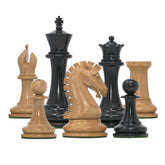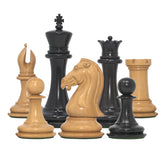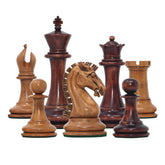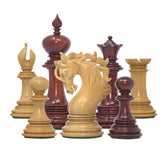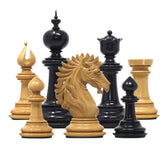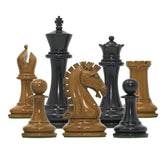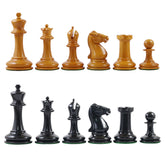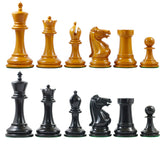The Psychology of Chess: How to Develop Mental Toughness and Maintain Focus During Games.
Chess is not just a game of strategy and tactics, it is also a test of mental toughness and focus. In order to succeed in the game, it is crucial to develop psychological skills that can help you maintain focus and stay calm under pressure. In this post, we will explore the psychology of chess and discuss some tips on how to develop mental toughness for the game.
Understand the Psychology of the Game
Chess is a complex game that requires a lot of mental effort. As a player, it is important to understand the psychological aspects of the game, such as the importance of patience, the ability to stay focused for long periods of time, and the need to remain calm under pressure. By recognizing and understanding these psychological factors, you can begin to develop the mental toughness necessary to succeed in chess.
Develop Mental Resilience
In chess, it is not uncommon to make mistakes or experience setbacks during a game. Developing mental resilience can help you bounce back from these setbacks and continue to perform at a high level. To develop mental resilience, it is important to learn from your mistakes and maintain a positive attitude even when things aren't going your way.
Practice Mindfulness
Mindfulness is a practice that involves focusing your attention on the present moment. By practicing mindfulness, you can train your mind to stay focused on the game and avoid distractions that can interfere with your performance. To practice mindfulness, try to focus on your breathing or pay attention to the sensations in your body. This can help you stay present and engaged in the game.
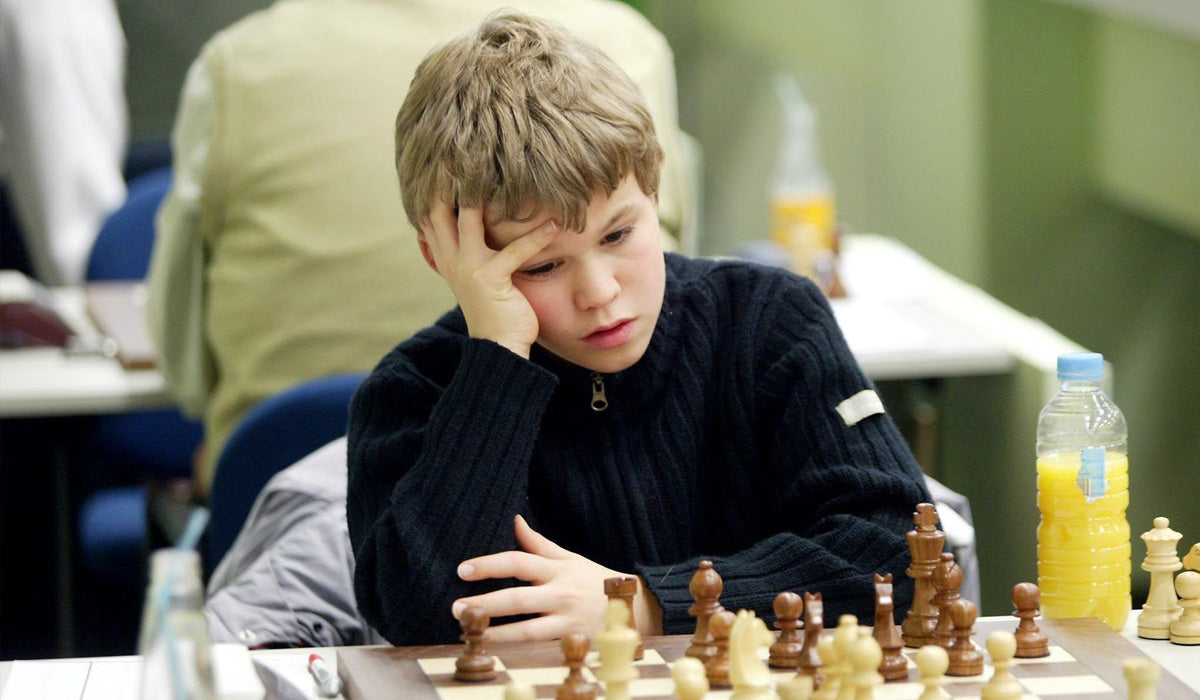
Visualize Success
Visualization is a powerful tool that can help you prepare for a game and improve your performance. By visualizing yourself succeeding in the game, you can boost your confidence and mental toughness. Try to visualize yourself making the right moves, staying focused, and ultimately winning the game.
Manage Your Emotions
In chess, emotions can run high, and it's important to learn how to manage them effectively. Try to remain calm and focused, even when you're feeling anxious or frustrated. If you find yourself becoming too emotional, take a break and come back to the game when you feel more centered and focused.
Set Realistic Goals
Setting realistic goals can help you stay motivated and focused during a game. Instead of focusing on winning or losing, try to set smaller goals that are achievable and will help you improve your performance. For example, you might focus on making fewer mistakes, or on being more patient and strategic in your moves.
In conclusion
Developing mental toughness is essential for succeeding in the game of chess. By understanding the psychological aspects of the game, developing mental resilience, practicing mindfulness, visualizing success, managing your emotions, and setting realistic goals, you can build the psychological skills necessary to excel in chess. With these skills, you'll be better equipped to stay focused and perform at your best, no matter what challenges you may face during a game.
Buy Luxury Wooden Chess Sets direct from Manufacturer at www.stauntoncastle.com.
For more such interesting articles visit at www.stauntoncastle.com/blogs/news
Order Luxury Chess Sets and Pieces Here
Sample Block Quote
Sample Paragraph Text
- benefit of playing chess
- best benefit of chess game
- Best Chess Opening Books
- buy chess pieces
- buy chess set
- chess
- chess book
- chess books
- chess computer
- chess computers
- chess game
- chess game history
- chess Grandmaster
- chess movies
- chess pieces
- chess player
- chess products
- chess streams
- chess tournament
- ChessLegend
- Grandmaster
- History of chess
- how to buy a chess set
- how to buy chess
- how to buy chess pieces
- how to buy chess products
- Intelligence
- luxury chess sets
- Maintain Focus During Chess Games
- The Psychology of Chess
